November 2 marks 20 years since the first residents arrived at the International Space Station (ISS). The orbiting habitat has been continuously occupied ever since.
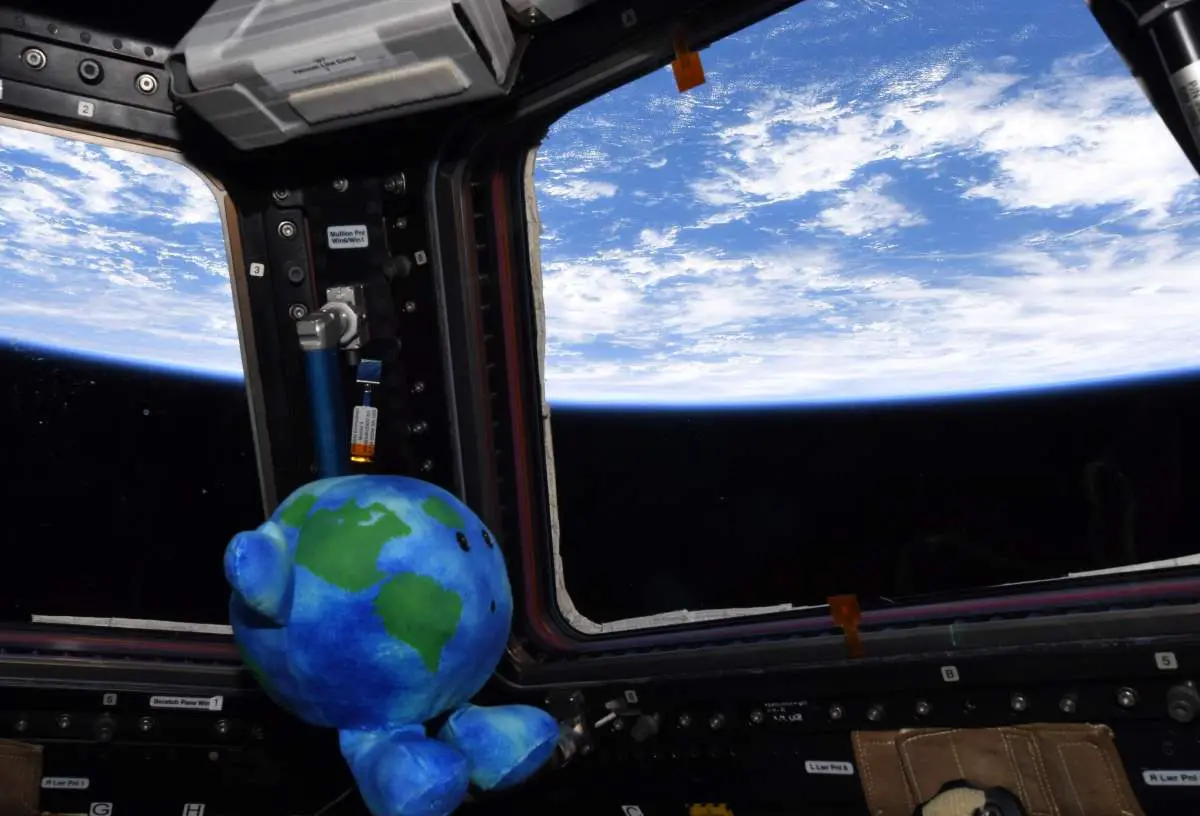

November 2 marks 20 years since the first residents arrived at the International Space Station (ISS). The orbiting habitat has been continuously occupied ever since.
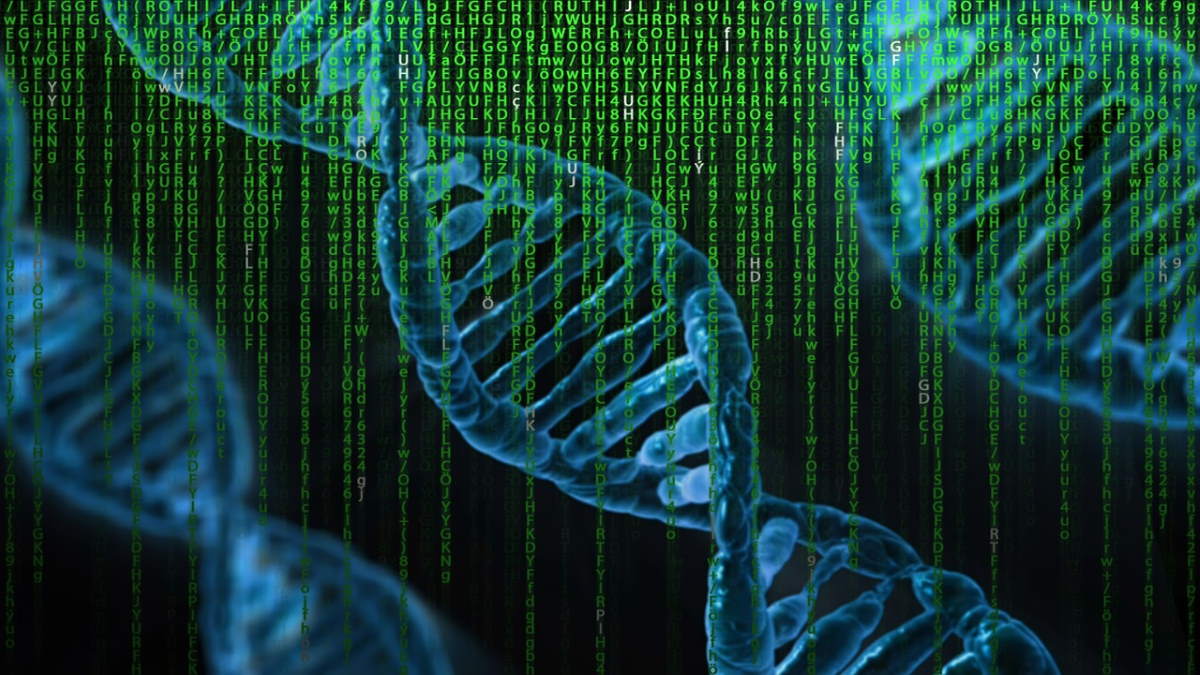
We’re creating more data than we know what to do with. Millions of emails and texts and tweets and YouTube videos are quickly building up in data storage centers. Thus far the answer to the issue has been to just build more and more data storage warehouses across the globe, but these data centers suck up immense amounts of power, take up miles of space, and are definitely not helping out the climate change crisis at stake. Since data has become such a crucial part of the world’s digital economy, we can’t ignore the dilemma we’ve created for ourselves: we’re completely overwhelming our data storage systems.
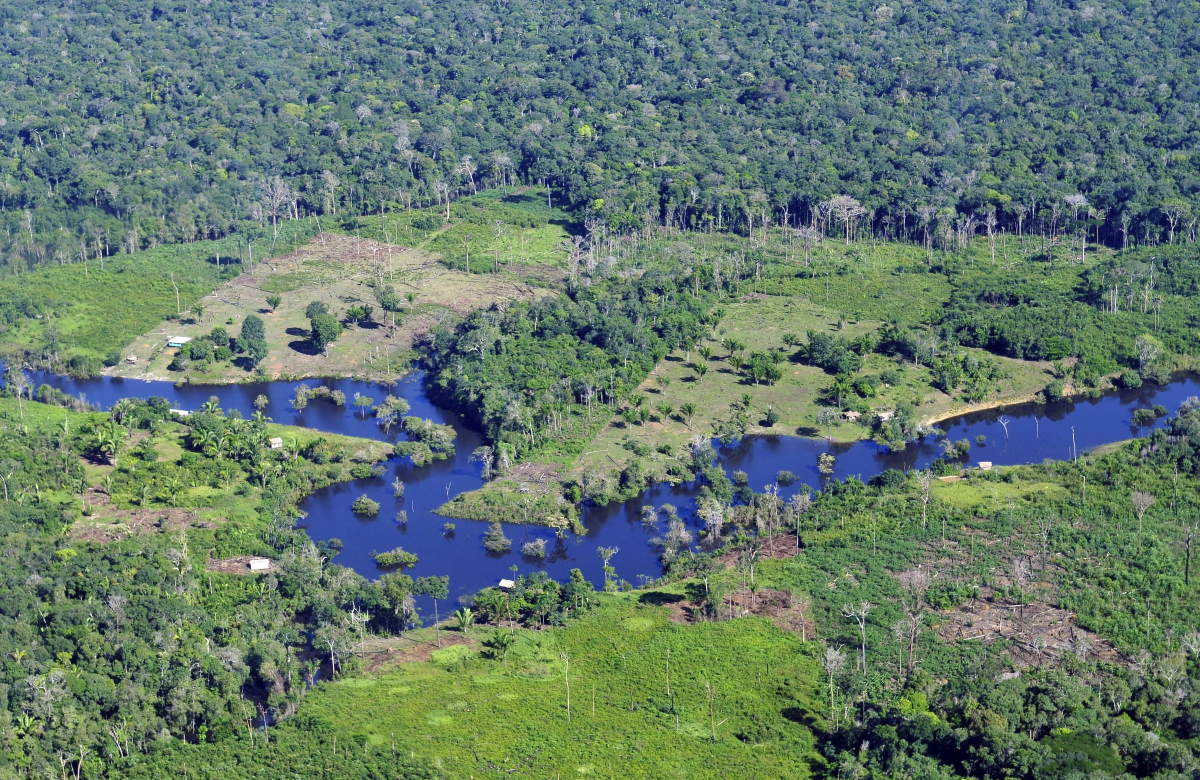
The vast tropical rainforest-the largest of its kind-is diminishing at an alarming rate. If the Amazon Rainforest is destroyed, the effects on Earth will be devastating.
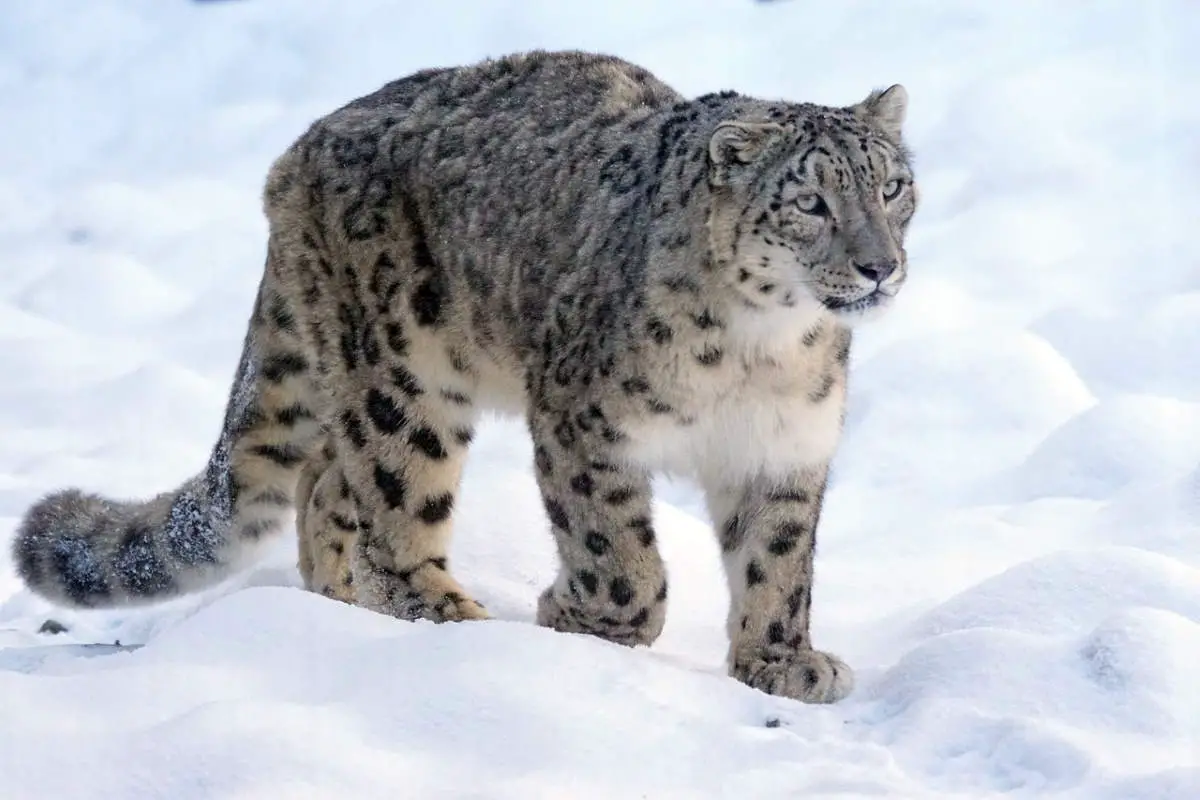
Species are going extinct at an unprecedented rate. Wildlife populations have fallen by more than two-thirds over the last 50 years, according to a new report from the World Wildlife Fund. The sharpest declines have occurred throughout the world’s rivers and lakes, where freshwater wildlife has plummeted by 84% since 1970 – about 4% per year.
Michael Obersteiner, University of Oxford; David Leclère, International Institute for Applied Systems Analysis (IIASA), and Piero Visconti, International Institute for Applied Systems Analysis (IIASA)

Today’s silicon solar panels are an industry standard, but these rigid, heavy blocks may be shunted aside by plastic rivals – lightweight, flexible solar panels that could be printed and stuck onto buildings or placed in windows or cars, turning light into electricity in locations inaccessible to their heavier cousins.
The standard solar panels we see on homes and businesses are made from crystalline silicon. These rigid photovoltaic (PV) panels convert light into electricity.
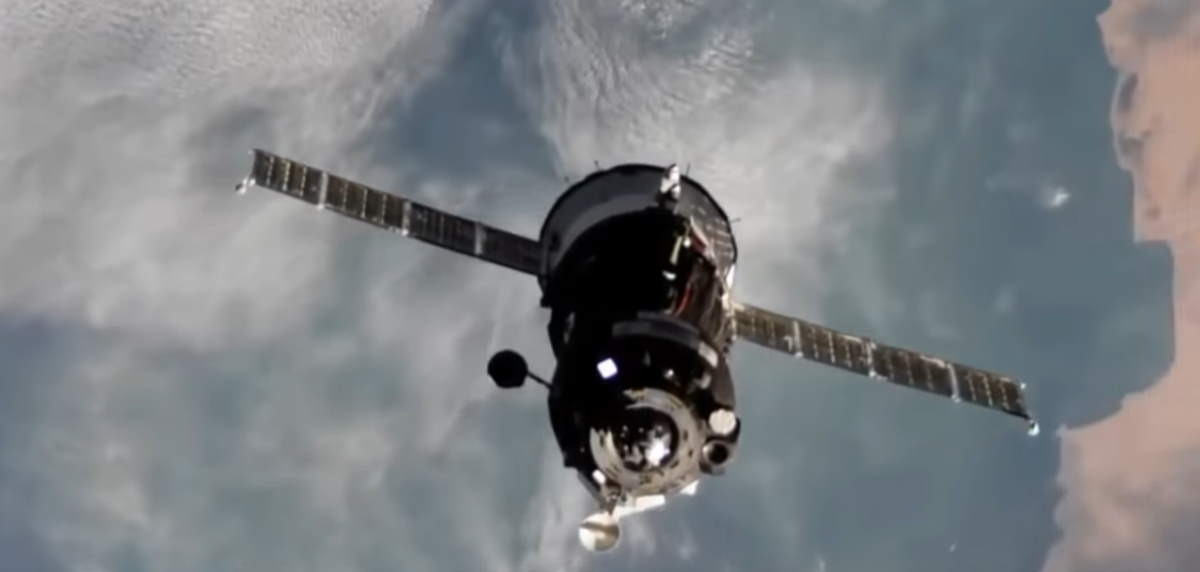
Roscosmos, the Russian Space Agency is planning to shoot the first movie in space in collaboration with Channel One Russia (the first television channel to broadcast in the Russian Federation) and Yellow, Black, and White Studio (one of the biggest independent studios based in Russia focusing on the production of movies and TV programs). The title of the movie will be “The Challenge”.
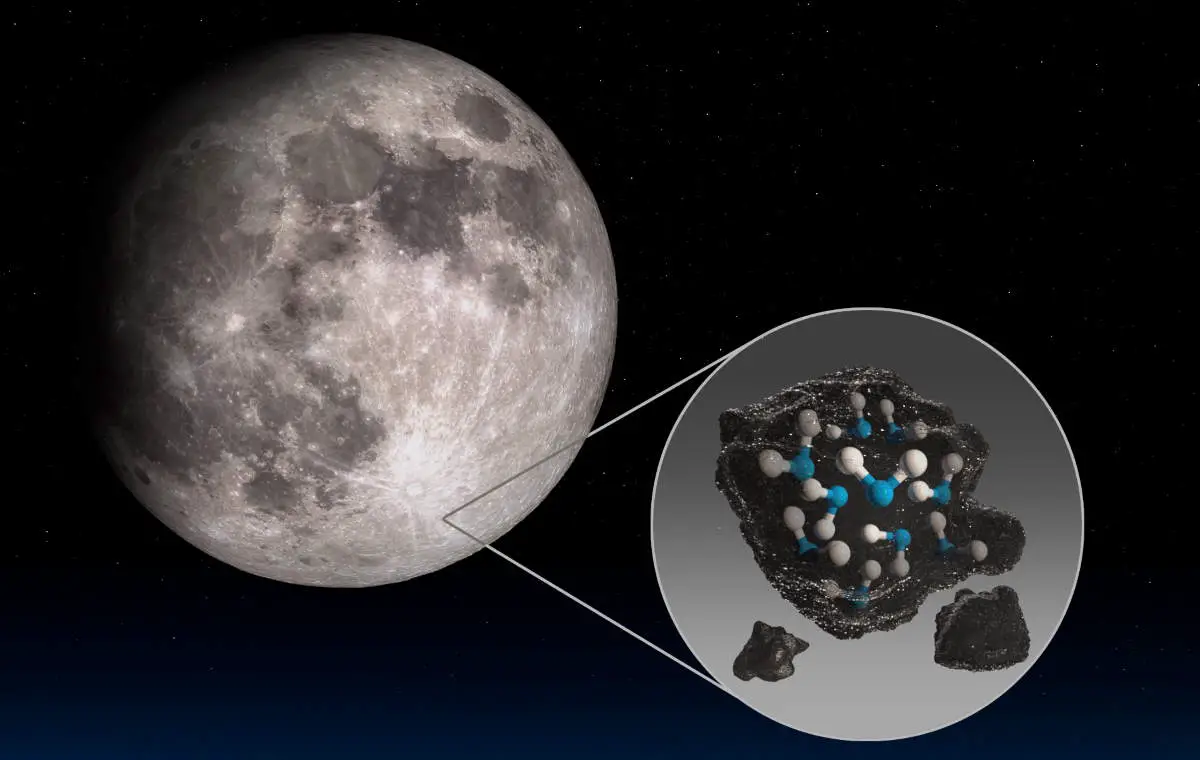
For a long time, the Moon was considered bone dry. And that’s not a surprise since our satellite has no atmosphere that could prevent liquid water from immediately evaporating into space. But what remained hidden from even the eyes of the Moon travelers, discovered by the probes, orbiters, and observers: there are enormous amounts of water on the Moon, frozen to ice. And, in time, more and more water on the moon is being discovered. Now, two new studies show that there is probably even more water on the Moon than expected.
When we think “home maintenance,” we often dread the tedious work and costly repairs that come with these tasks. There are many times when we have old things in our homes, and some of these can cause major problems down the line. We often look at these things and end up deciding to scrap it all and get something new instead. When it comes to items like refrigerators or furnaces, some objects are just too far in disrepair to save.
However, there are ways you can prolong the life of these items before they’re too far gone and we can even upgrade our homes to be more efficient than we ever imagined. This can ultimately save you money and keep bulky items out of landfills. These tips can help you get on track to saving your time, money, and the planet.

Science is both invaluable and imperfect. In managing cures to all kinds of diseases and ailments, these competing values offer mixed healthcare results. When medical science goes right, it enables protection and prevention, thereby saving lives. When it goes wrong, however, curative science can create more problems for the population.
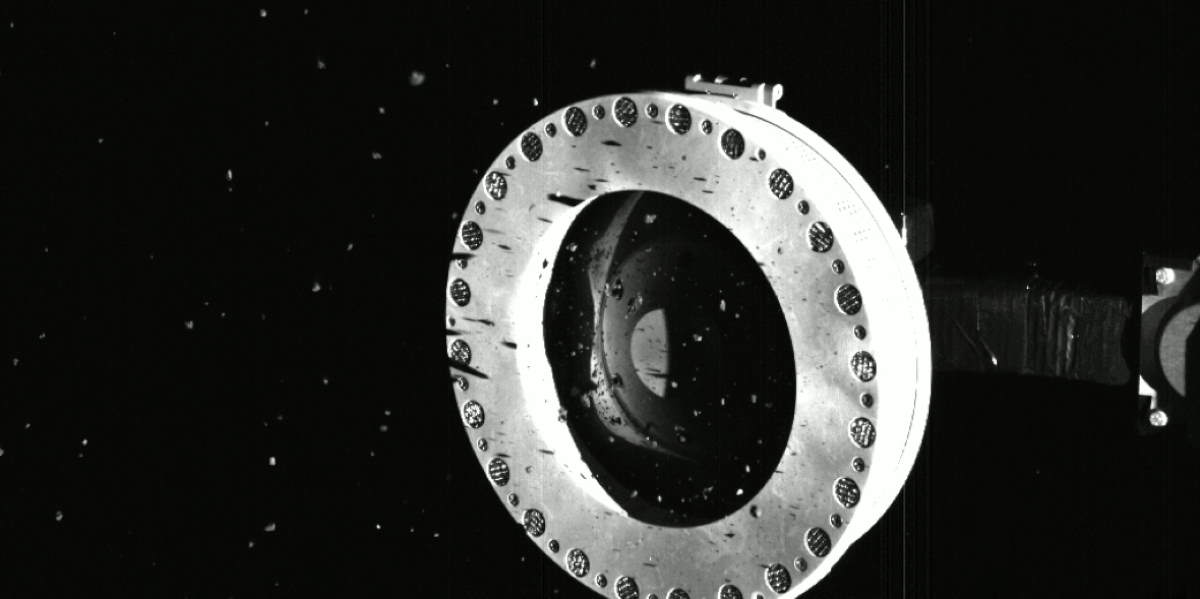
NASA’s OSIRIS REx spacecraft was supposed to grab a sample of the asteroid Bennu so that it could be returned to Earth for analysis. The spacecraft grabbed the sample on Tuesday, October 20, 2020, but, it’s taken a few days to actually get photos of the tool. Now the mission scientists at NASA realized that they have a problem with too much material. OSIRIS-REx collects a significant amount of asteroid material that larger pieces of regolith have kept the sample head from closing properly, so the material is slowly being lost. As a result, the mission operators are skipping past a number of important tests and going straight to storing the sample for return to avoid losing more.